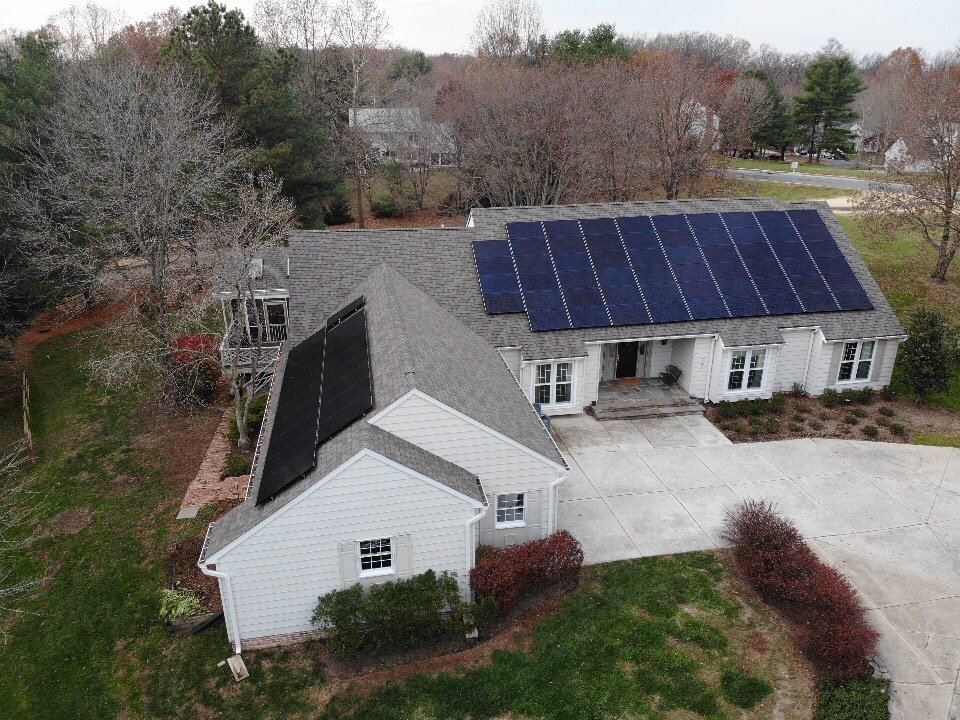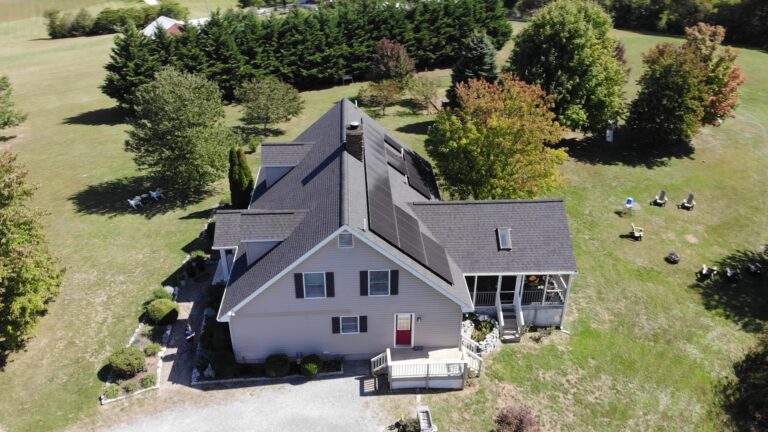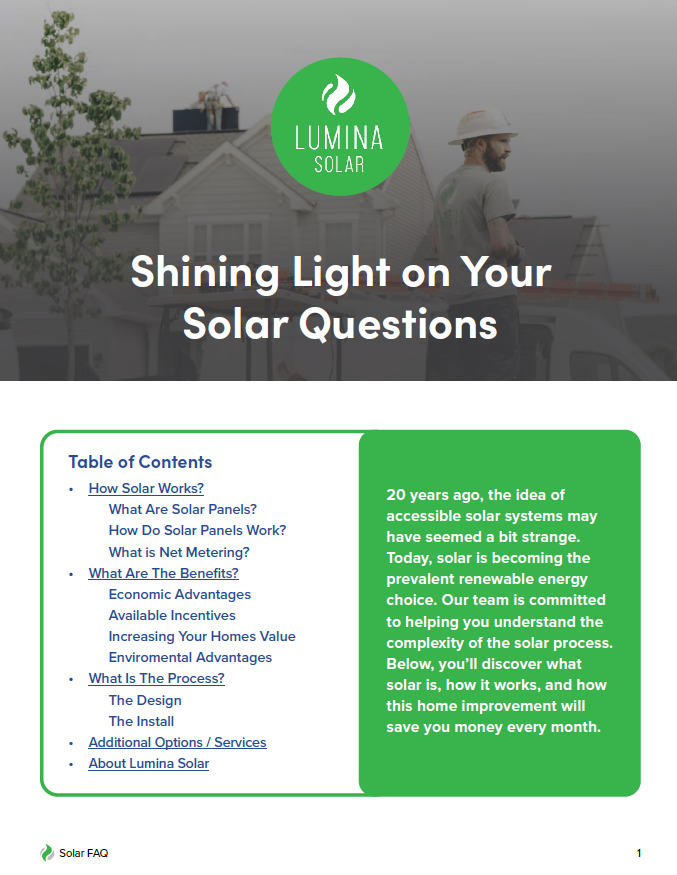It’s no secret that solar panels are a great investment when it comes to being environmentally conscious and energy efficient. If you’re hoping to buy photovoltaic panels in the future, it’s important to know how long you’ll be able to use them.
But how do you ensure that your panels will last a long time?
You might not know, but there are a few things you can do to guarantee and increase the life expectancy of your solar panels beyond the industry standard of 25-30 years.
Here is a quick run down of five things you should keep in mind when it comes to making sure you get full value when you invest in solar power for your property.
1. Quality of the components
The lifespan of solar panels largely depends on the quality of components used to produce the solar panels just as with any other equipment. Typically, solar panels are made up of three major components:
The solar cells or photovoltaic cells
The solar cells are the most crucial component of a solar panel. The quality of the solar cells determines the quality of the solar panel. While the quality of the solar cells will depend on the quality of the silicon wafer. And the quality of the silicon wafer is determined by the quality of the crystalline quality of silicon.
The encapsulation system
The encapsulants if of poor quality can delaminate quickly while other material like glass can break under mechanical stress, and the coating can deteriorate over time.
The mounting system
This includes aluminum frames which when poorly designed can fracture under heavy strain. For example, under heavy loads such as snow during winter.
If you want to be assured of quality solar panels, consider manufacturers that go meet and exceed industry standards such as IEC 61215. In addition products with warranties suggest confident manufacturers with robust internal testing and quality assurance processes.
2. Solar Panel Installation
The lifespan of solar panels has a lot to do with the installation, and not just the panels themselves. Installers are all trained differently, and it’s important to make sure the solar systems installer you choose has the right credentials.
A recent study found that improper installation of solar panels can reduce their lifespan by as much as 25%. Sadly, that’s not all, an improperly installed solar panel system may not provide the power it should, or it may not be generating enough power to justify the cost of the system.
In any case, a reliable solar panel installation contractor would:
● Store and transport the panels in upright positions to avoid damage.
● Check for any visible defects before the system is installed.
● Note the inclination and clamping to ensure optimal self-cleaning and mechanical resistance.
● Avoid shading in order not to unnecessarily load protective diodes in the module.
● Carry out the cabling taking safety into account.
● Connect the inverter to the grid.
● Clean the panels.
3. Degradation
The degradation of solar panels is a major problem in the solar industry.
Solar panels, like any other electrical device, gradually lose their function over time. The problem is, solar panels degrade at a much faster rate than most electrical devices.
The degradation and lifespan of a solar panel is determined by the panel’s quality, the amount of sunlight it’s exposed to, and the atmospheric conditions. To maximize the lifespan of your solar panels, insist on suppliers of solar systems designed and built using modern technologies and quality components – in which case, the degradation is less than 1% per year.
4. Climatic weather conditions
Research has shown that the lifespan of solar panels is impacted by the weather conditions under which they are used.
Solar panels are known to produce more energy when they operate in direct sunlight, which is why solar panels are usually installed facing south.
Researchers have discovered that solar panels in the hot and humid climates of Florida and Texas for example, exhibited a much higher failure rate than panels in California, which has a more moderate climate.
5. Routine Maintenance
A typical solar panel can produce up to 50% more electricity, as well as last 50% longer, when it is looked after and cleaned regularly.
An old myth is that solar modules do not require maintenance. That is definitely not the right attitude. Remember it is your power generating asset and you count on it to meet your home electricity needs and save you money for the next decades, then regular care should really be a top priority.
Generally, rooftop solar panels are sized to produce around 30% of a building’s annual energy demand. That means they produce the 30% of the electricity a building needs from the grid, which is a great start.
But let’s look at a worst-case scenario. Let’s say a building has solar panels installed, but they were never maintained, and they died.
What does the building owner do?
Generally, the building owner would have to replace the solar panels with new ones.
But if the solar panels had proper care, issues would have been caught early and the building owner might just need to replace the cells only.
We advise that you should allow a certified solar panel expert to provide regular monitoring and maintenance of your solar system. Without this, it becomes much more difficult to know if your installation is working properly and to identify problems, if any.
Finally, we recommend that you always keep an eye on your solar collectors to see whether there is any shading (stuck leaves or dust); if any, have them appropriately removed.






